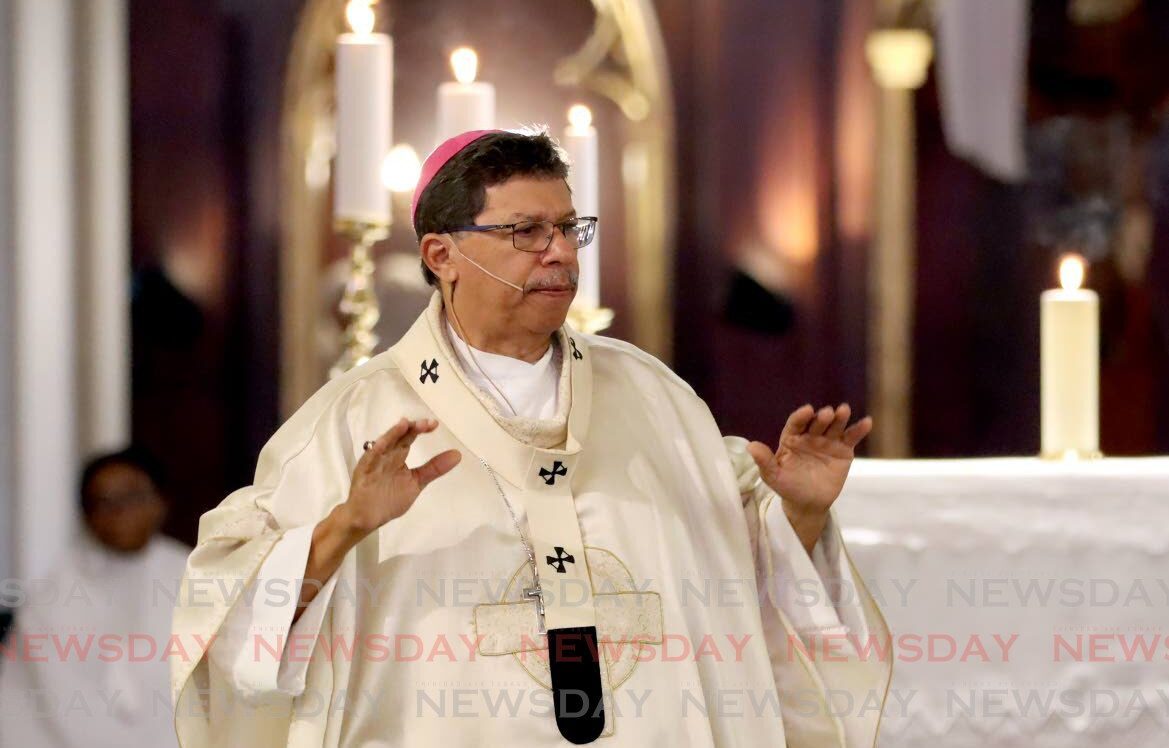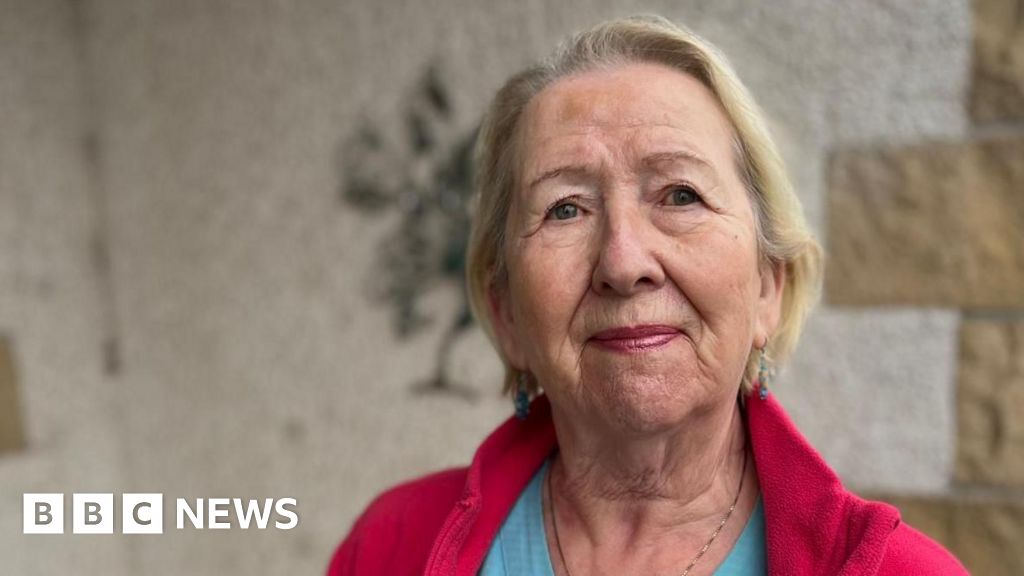Copyright newsday

THE Catholic Bishops of the Antilles Episcopal Conference (AEC) have issued a strong appeal for peace and dialogue amid growing military activity in the Southern Caribbean, warning that the escalation could threaten the region’s stability and the well-being of its people. In a statement issued on October 25, following their annual conference, the bishops said they viewed “with grave concern the recent build-up of naval and other military assets in the Southern Caribbean waters, and the potential implications this poses for the socio-economic, political and humanitarian well-being of our region and its people.” Their appeal comes as a US warship, the USS Gravely, docked in Port of Spain on October 26 with the 22nd US Marine Expeditionary Unit aboard. Prime Minister Kamla Persad-Bissessar has defended the vessel’s presence, saying there were benefits to be derived, including technical and IT assistance as well as humanitarian efforts. The vessel’s visit forms part of a broader US naval deployment to the Caribbean – initiated under the Donald Trump administration – aimed at countering drug trafficking operations. It also aligns with a recent declaration by former Caricom heads from Antigua & Barbuda, Belize, Barbados, Dominica, Grenada, Guyana, Jamaica and St Lucia, and former TT prime minister Dr Keith Rowley, urging restraint and neutrality amid heightened US/Venezuela tensions, reaffirming the Caribbean as a Zone of Peace. International relations experts and regional commentators have warned that the presence of US military assets so close to Venezuela could have deeper geopolitical motives, including renewed pressure on the government of President Nicolas Maduro. Since September 2, the US military has reported killing 43 people in ten strikes against alleged drug-smuggling vessels in the Caribbean Sea and two in the eastern Pacific, allegedly including two TT nationals identified as suspected traffickers. Archbishop Jason Gordon of Port of Spain, who serves as president of the AEC, said the bishops were calling for urgent “dialogue and co-operation” to ease mounting tensions and to foster “lasting hope.” Quoting Pope Leo XIII, the bishops reminded the faithful that, “We must never become accustomed to war.” They also invoked the words of Pope Saint John XXIII, noting that “true peace can be born only from a heart disarmed of anxiety and the fear of war.” The bishops said while the narcotics trade remains a grave crisis for the Church and Caribbean families, “the arbitrary and unwarranted taking of life cannot be justified as a means of resolution,” and the disregard for the sovereignty of independent nations “cannot be accepted as a reasonable measure in the name of border security.” “War or the threat of war is never the right solution,” the statement said, warning that the presence of warships and the disruption of marine livelihoods represent “real and immediate threats” to regional stability. The bishops reaffirmed the Church’s solidarity with all Caribbean peoples, especially those most affected by geopolitical tensions, and urged regional leaders to “de-escalate militarisation” and recommit to dialogue and unity. “As peoples united by a shared heritage and collective identity, we must continue to reject aggression and intimidation as means of resolving conflict or ideological differences,” the statement said. They also appealed to the faithful to anchor their hope in prayer and reconciliation. “Acts of reconciliation, the faithful observance of the sacraments, and the family rosary remain powerful expressions of hope – expressions that move heaven and can change the hearts of humankind.” The bishops said the Church remains steadfast in its mission to protect the vulnerable and uphold human dignity. “Together, we place our hope, trust and prayers in the pursuit of a peaceful and just resolution that upholds human dignity, national sovereignty and the common good of all.”



